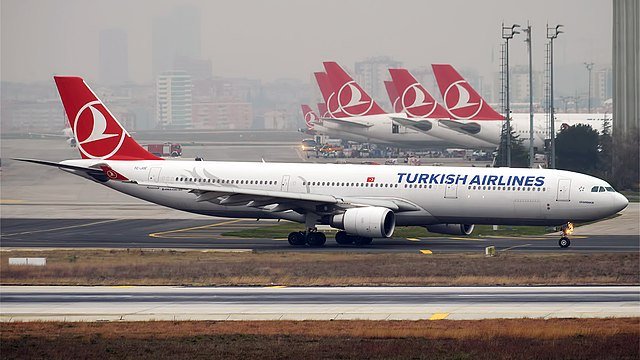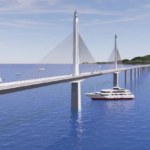Due to engine problems on Airbus and Boeing aircraft, Turkish Airlines has delayed the delivery of its 600 aircraft order.
Aircraft and engine manufacturers are having trouble with production and quality concerns even as demand for air travel is increasing.
Before making a choice, Turkish Airlines is taking into account different engine models and maintenance agreements.Turkish Airlines has delayed the delivery of its intended order for 600 aircraft as a result of growing problems with both Boeing and Airbus engines. The airlines intended to purchase 200 widebody and 400 narrowbody aircraft.The order will include the Airbus A320neo family, A350s, Boeing 737 MAXs, 787s, and 777-9s, according to Turkish Airlines Chairman Ahmed Bolat. The airline is reconsidering what may be the biggest single aircraft deal in commercial aviation history.
Difficulties with engine manufacture and quality
Manufacturers of planes and engines have been finding it difficult to keep up with demand as it is starting to increase after more than two years of interruption brought on by the pandemic. The operators are affected, whether it is because to the Boeing 787 manufacturing challenges or the significant backlog of A320 family aircraft. Similar mounting concerns are being experienced by engine OEMs on some of the newest engines powering more recent aircraft.
The GTF engines that power the A320neo aircraft are undergoing a thorough inspection program by Pratt & Whitney and its parent firm Raytheon Technologies (RTX). High-pressure turbine disks from the company have been found to contain parent metal impurities that may cause early cracking and uncontained disk failure.
1,200 GTF engines are being recalled from service and will be inspected by the firm. The worst-affected engines will undergo inspection first, starting in September. Numerous operators should experience service interruptions as a result of the 12-month initiative.The A320neo family is also powered by the CFM International LEAP (1-A). The only available engine for the Boeing 737 MAX family is the LEAP (1-B). A crucial stage in guaranteeing efficient operations for the airlines is choosing the engines and maintenance schedules for the ordered aircraft.
Turkish Airlines’ decision has been postponed.
Turkish Airlines executives are deliberating their options and the best course of action in light of the growing production problems with power plants. Mehmet Faith Korkmaz, Turkish’s head of investor relations, was quoted as saying in an article by Airline Weekly: “While we are trying to decide on which aircraft type to place, we are also very close to investigating which engine types to get and which kind of a maintenance contract to get in addition to it.” Because of this, we have not yet made any decisions public.
Given the lengthy lead times for the majority of aircraft types, the airline, which is the largest mainline carrier in the world by passenger destinations, is eager to make plans in advance. Turkish Airlines serves approximately 340 locations in Europe, Asia, Africa, and the Americas and flies to 126 countries, more than any other airline in the world.The airline has delayed a statement regarding this order twice already. Almost 400 aircraft are currently in service with the airline. The airline is filling its capacity with more leased aircraft, some of which are wet-leased, while putting the new mammoth order on hold. According to Korkmaz, during the next five years, the capacity in terms of Available Seat Miles (ASKs) will increase by roughly 7% to 10% annually.
By the end of 2023, the airline anticipates having a fleet of 435 aircraft, up from 394 at the start of the year. 500 ships will be in the navy by 2025, and 600 by 2028.
READ MORE: https://bangkokone.news
SOURCE: http://simpleflying.com




